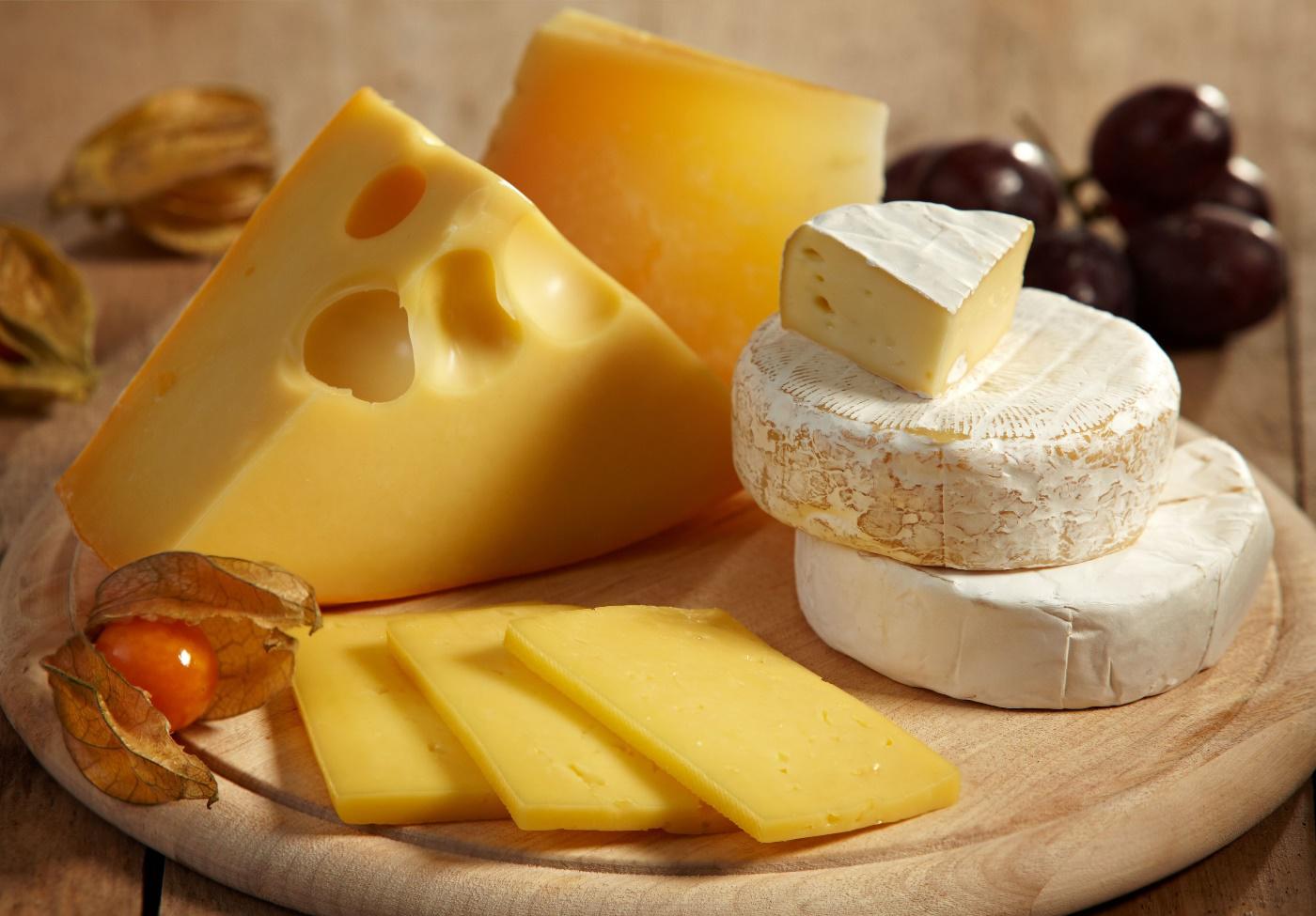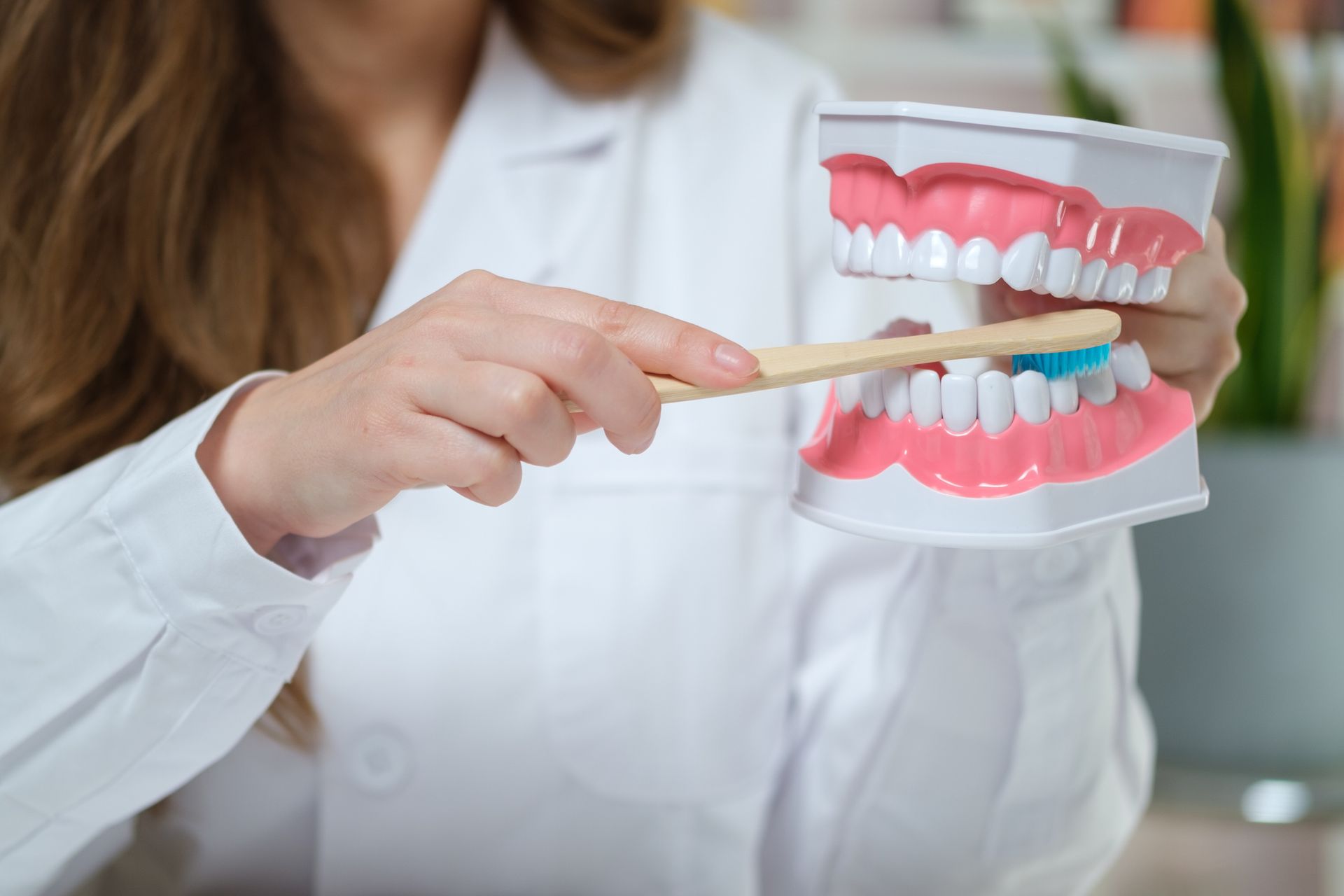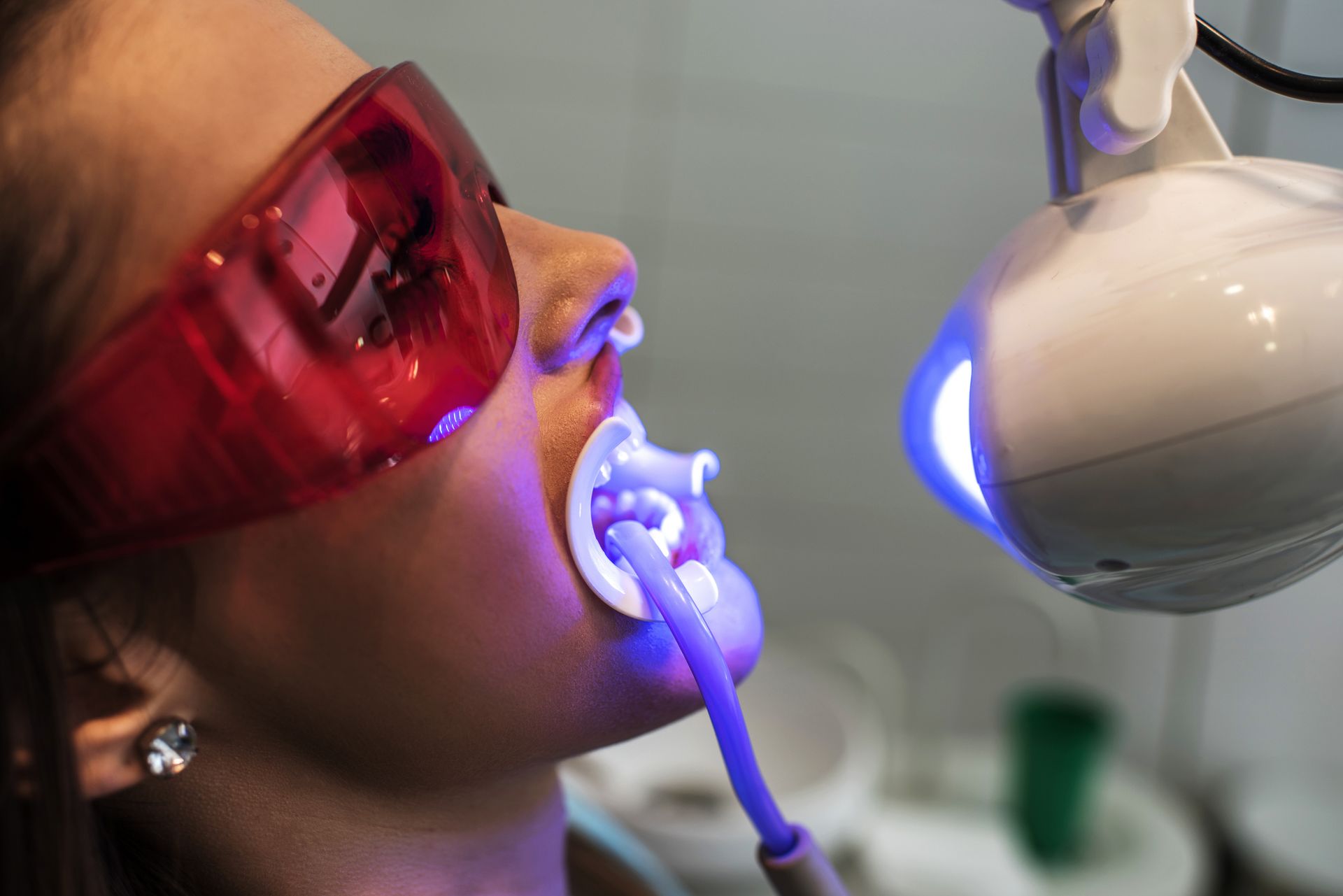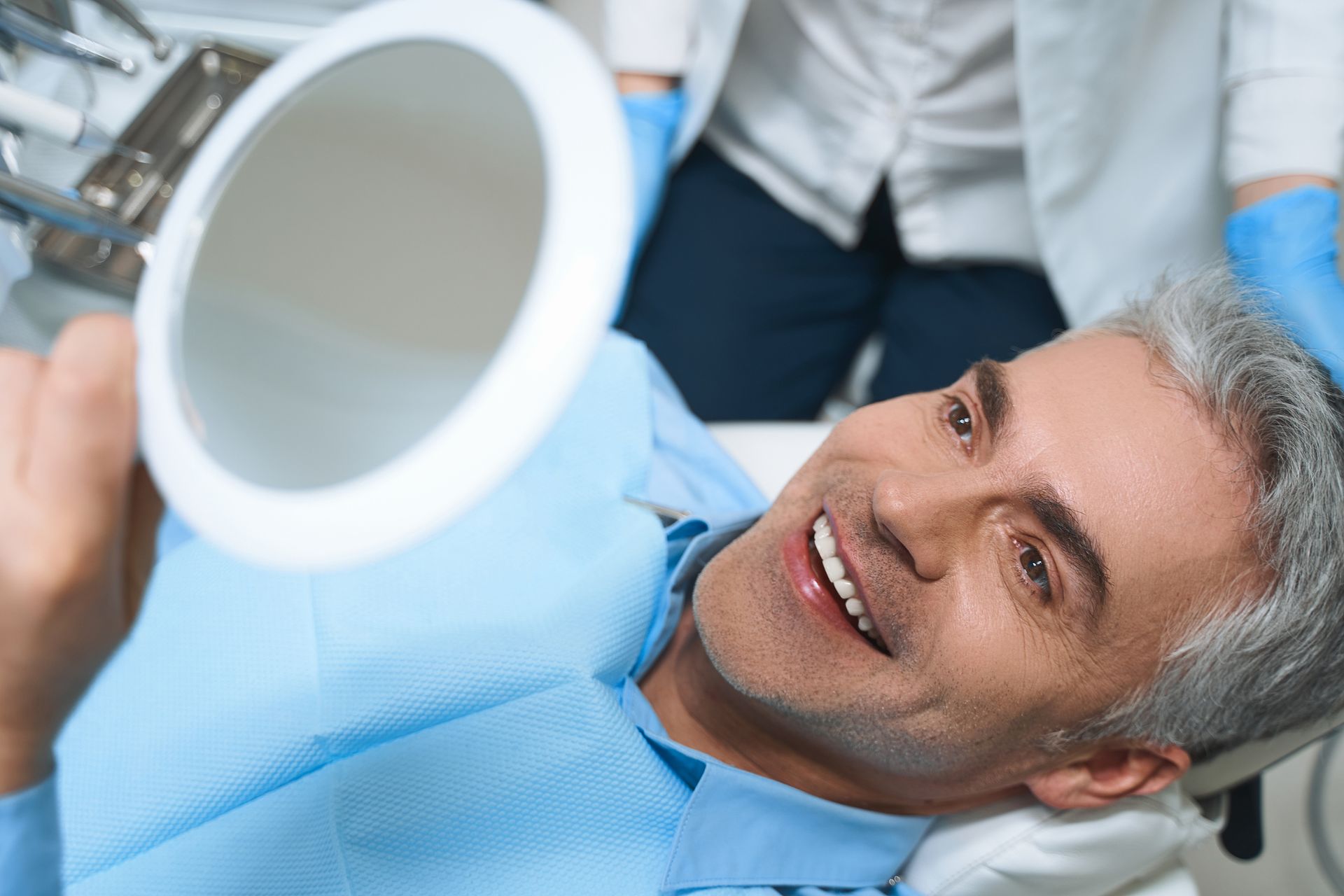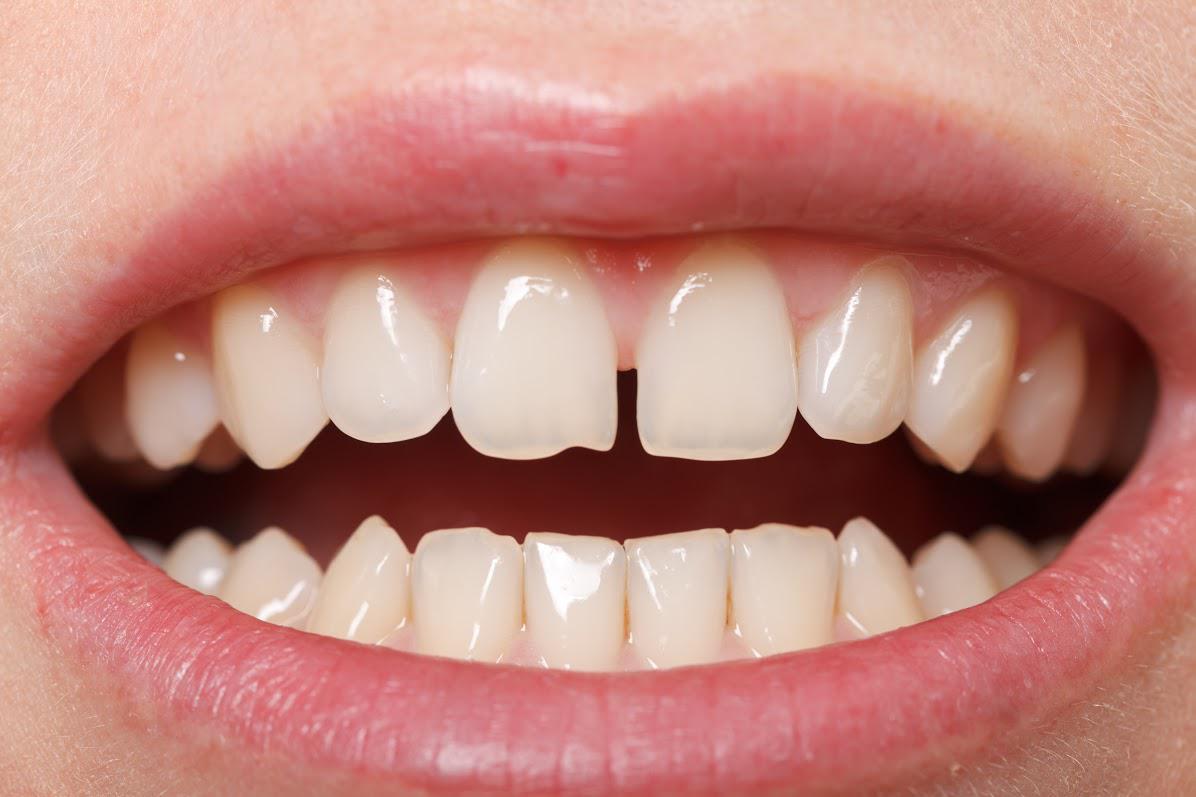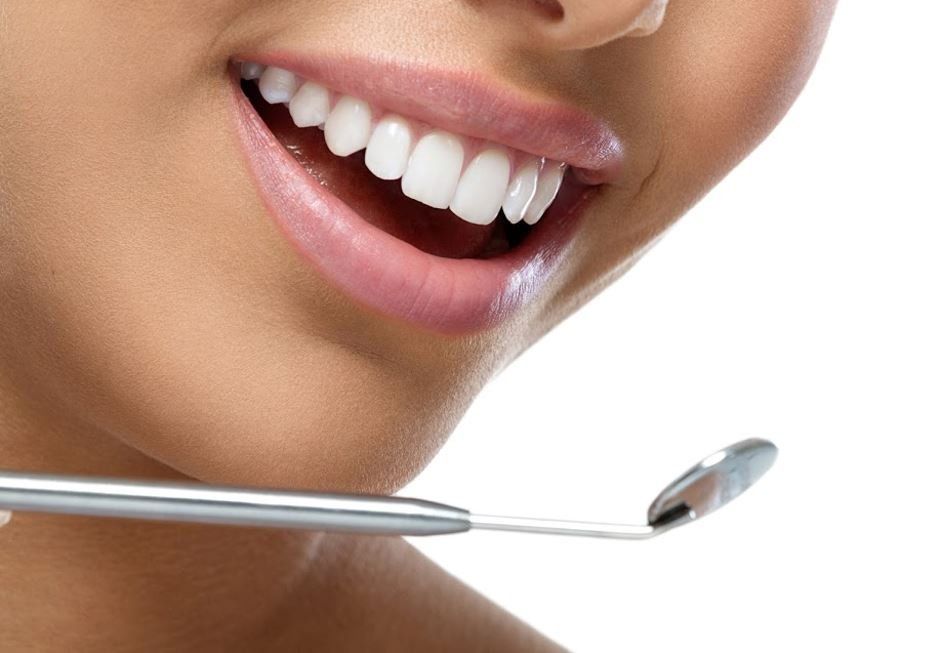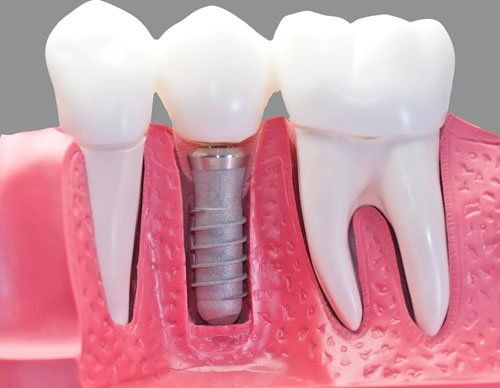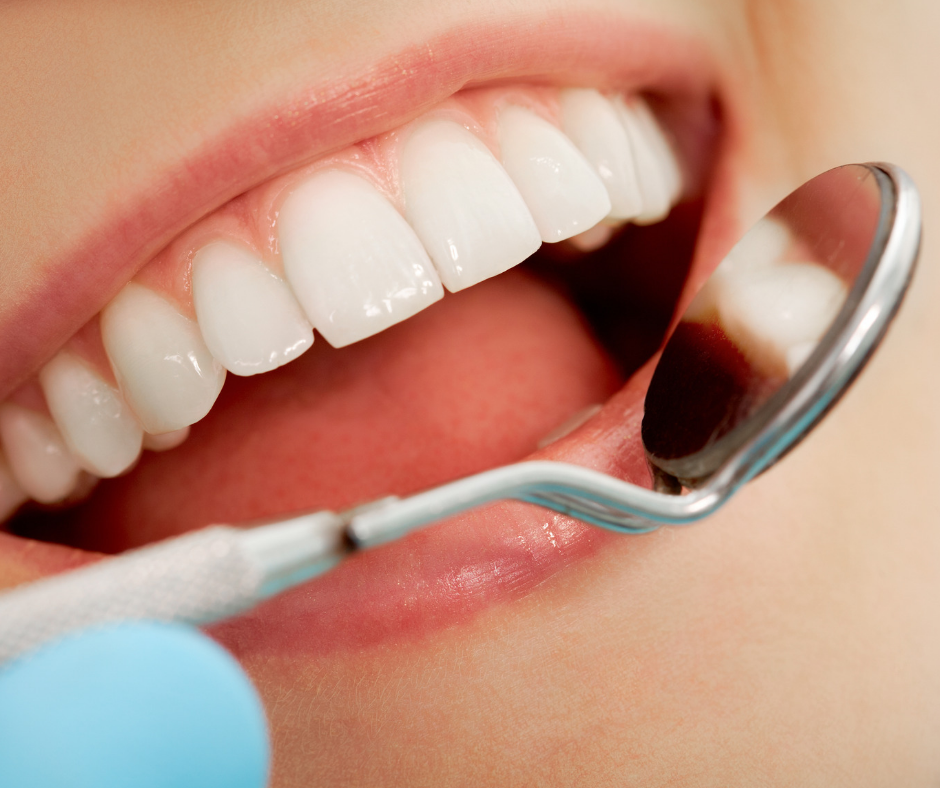Want Healthier Teeth? Start With What You Consume
A healthy diet isn't just good for your body; healthier eating (and drinking) is better for your oral health as well. Discover the best foods and beverages to consume for stronger, healthier teeth and learn how to eat great snacks with minimal dental damage.
Of course, healthy eating should not replace regular dental appointments. Continue to see your dentist twice a year for exams and cleanings and follow your dentist's recommendations for oral health care at home.
Eat Tooth-Healthy Foods and Beverages
The following are foods and beverages that make your teeth healthy and strong. Incorporate more of these items in your diet to give your oral health a boost.
Dairy
Your teeth thrive on calcium and protein, which are two main ingredients in dairy foods. The best dairy items for your teeth are low-fat cheeses and yogurts.
Cheese raises your body's pH level, which in turn can help your mouth fight off teeth-decaying bacteria. Yogurt is healthy as well, but stick to low-sugar yogurt and other unsweetened items. Less sugar is even healthier for your teeth and body.
Fish
Fish is rich in Vitamin D, which helps your body absorb calcium more naturally, thus resulting in stronger tooth enamel. If you don't like fish, add cod liver oil to your daily diet — such as in a capsule — or consume eggs. Egg yolk is also high in Vitamin D.
Fruits and Vegetables
Fruits and vegetables that have a hard crunch, such as carrots, apples, celery, and radishes, help clean your teeth as you chew. Remove plaque by adding raw fruits and vegetables that require ample chewing to your diet.
Milk
Milk can help lower the acid levels in your mouth (which can result in fewer cavities). Milk is also high in calcium and strengthens your tooth enamel. You can drink low-fat or full-fat milk; just watch the sugar levels in the dairy you drink to make sure you aren't consuming too much.
Vegetable Juice
Vegetable juice, particularly juice that contains spinach, kale, and other leafy greens, is a better option for you than sugary fruit juice drinks. If you prefer a sweeter juice, then opt for a vegetable-based juice that contains apple and carrot. Such drinks have a natural sweetness that won't cause damage to your teeth like juice with added sugar will.
Water
Drinking water does more for your oral health than you realize. When your body is properly hydrated, you produce more saliva, which allows your mouth to naturally fight off the bacteria that cause tooth decay.
Avoid Tooth-Damaging Snacks
You can still indulge in snack foods and beverages (such as cola) without causing a lot of harm to your teeth. The key lies in snacking smartly. Chew sugar-free gum after you have a snack to help your mouth produce more saliva, but without all the sugar of regular gum to harm your teeth. Choose low-sugar or sugar-free gums, sports drinks, juices, and sodas.
You can also incorporate healthy snacks with your junk food: try dipping apple slices in caramel or eating chocolate along with a chunk of hard cheese. You get your sweet fix while eating something that your teeth won't be offended by.
Your oral health is important, and changing up your diet today can help keep your teeth in healthy condition. Make an appointment with our dental professionals at the office of Gregory S. Rutherford, DDS, PA, to learn more about food habits that keep your teeth healthy. We will take care of all aspects of your traditional and cosmetic dental concerns.

